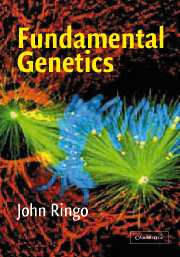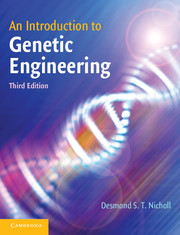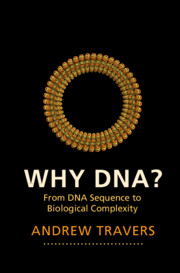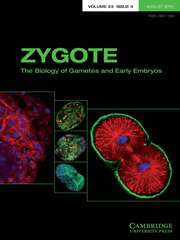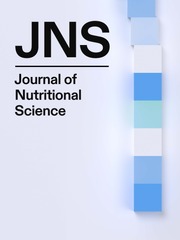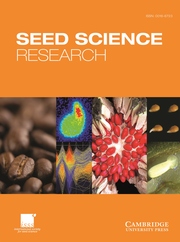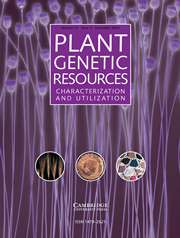Fundamental Genetics
Fundamental Genetics is a concise, non-traditional textbook that explains major topics of modern genetics in 42 mini-chapters. It is designed as a textbook for an introductory general genetics course and is also a useful reference or refresher on basic genetics for professionals and students in health sciences and biological sciences. It is organized for ease of learning, beginning with molecular structures and progressing through molecular processes to population genetics and evolution. Students will find the short, focused chapters approachable and more easily digested than the long, more complex chapters of traditional genetics textbooks. Each chapter focuses on one topic, so that teachers and students can readily tailor the book to their needs by choosing a subset of chapters. The book is extensively illustrated throughout with clear and uncluttered diagrams that are simple enough to be reproduced by students. This unique textbook provides a compact alternative for introductory genetics courses.
- Structured in a more accessible way than most genetics textbooks, with 42 accessible mini-chapters covering all major topics in genetics
- Extensive glossary with straightforward explanations of all genetics terms used and which students will encounter in their studies
- Clear, simple artwork throughout aids in the understanding of complex concepts, and ensures that illustrations are reproducible by students
Product details
March 2004Hardback
9780521809344
476 pages
253 × 194 × 35 mm
1.18kg
272 b/w illus.
Temporarily unavailable - available from TBC
Table of Contents
- 1. Life forms and their origins
- 2. Nucleic acids
- 3. Proteins
- 4. Simple chromosomes
- 5. Chromosomes of eukarya
- 6. Genome content
- 7. RNA synthesis I: Transcription
- 8. RNA synthesis II: Processing
- 9. Abundance of RNAs in bacteria
- 10. Abundance of RNAs in eukarya
- 11. Protein synthesis
- 12. DNA replication
- 13. Chromosome replication
- 14. Molecular events of recombination
- 15. Micromutations
- 16. Repair of altered DNA
- 17. Reproduction of bacteria
- 18. Horizontal gene transfer in bacteria
- 19. Cell cycles of eukarya
- 20. Meiosis
- 21. Chromosomal abnormalities
- 22. Life cycles of eukarya
- 23. Reproduction of viruses
- 24. Genetic processes in development
- 25. Sex determination and dosage compensation
- 26. Cancer
- 27. Cutting, sorting, and copying DNA
- 28. Genotyping by DNA analysis
- 29. Genetically engineered organisms
- 30. Genomics
- 31. Behavior of genes and alleles
- 32. Probability and statistics toolkit
- 33. Genes, environment, and interactions
- 34. Locating genes
- 35. Finding and detecting mutations
- 36. Cytoplasmic inheritance
- 37. Genetic variation in populations
- 38. Mutation, migration, and genetic drift
- 39. Natural selection
- 40. Quantitative genetics
- 41. Speciation
- 42. Molecular evolution and phylogeny
- Glossary.

